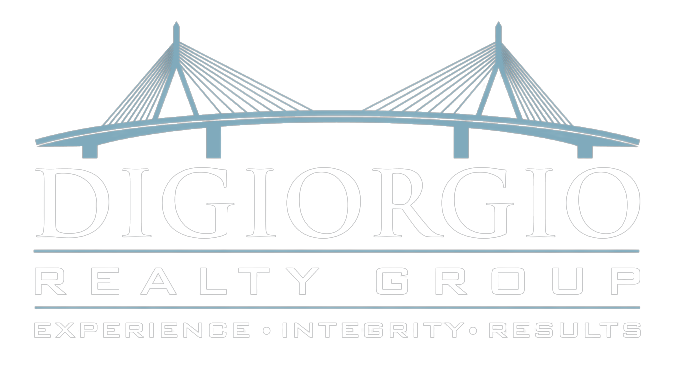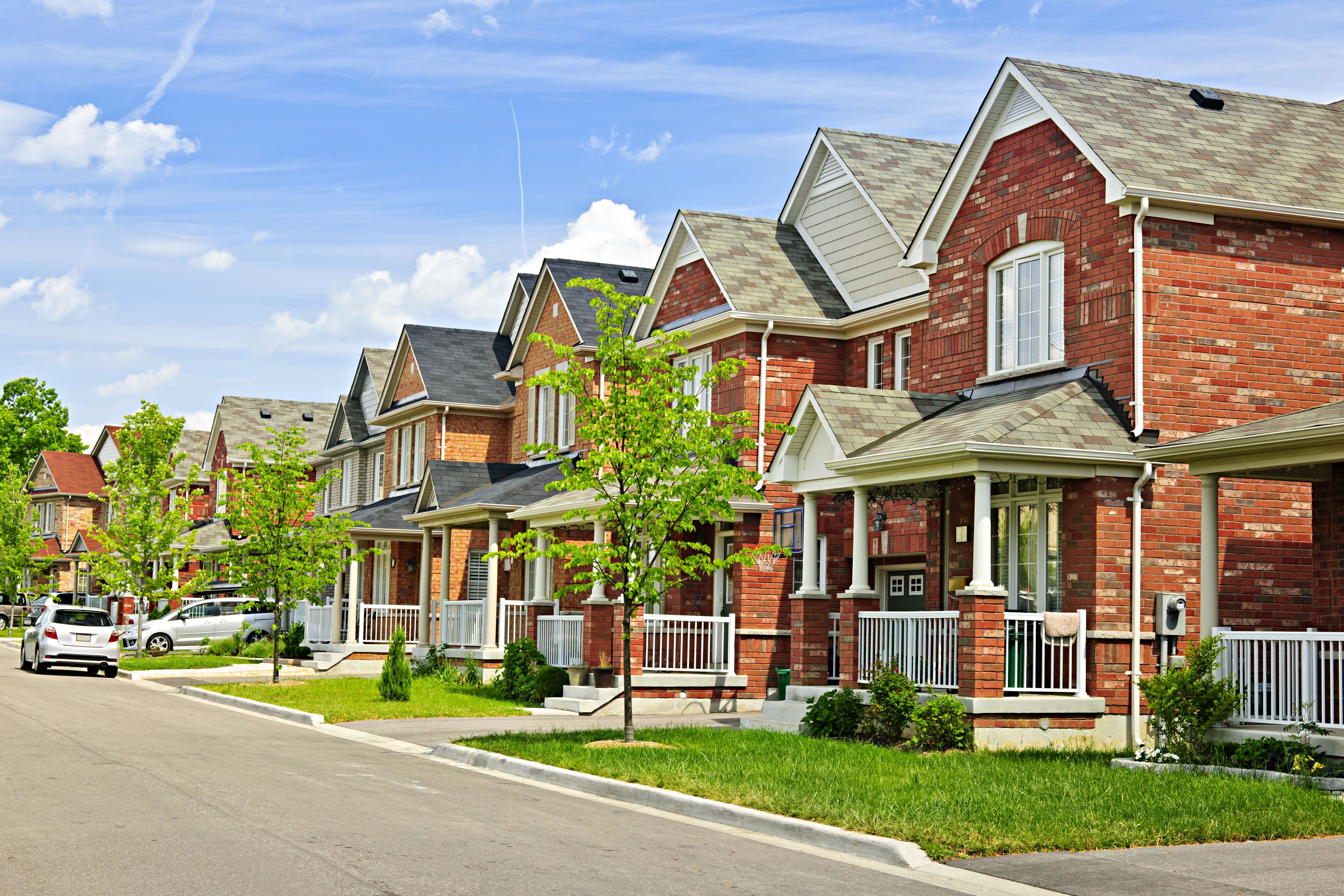 Whether you are looking for a hip enclave of bars or a quiet suburban street filled with families for your kids to play with, choosing a new neighborhood requires a lot of consideration. There are many things to think about when making the leap to new surroundings. From creating a helpful checklist of must-haves to uncovering crime statistics, the more information you can ascertain about a neighborhood, the better. This article will take a step-by-step look at what to consider, what to avoid, and what you may have to compromise on.
Whether you are looking for a hip enclave of bars or a quiet suburban street filled with families for your kids to play with, choosing a new neighborhood requires a lot of consideration. There are many things to think about when making the leap to new surroundings. From creating a helpful checklist of must-haves to uncovering crime statistics, the more information you can ascertain about a neighborhood, the better. This article will take a step-by-step look at what to consider, what to avoid, and what you may have to compromise on.
Step 1: Assess Your Needs
First, assess what you and your family want out of a neighborhood. Start by making a list of must-haves, nice-to-haves and won’t-haves. The must-haves and won’t-haves should be non-negotiable, but the nice-to-haves can be where you compromise. Create these lists together before you even look at new neighborhoods so everyone is clear on each other’s preferences from the start.
Step 2: Lifestyle Matching
A small town may sound appealing when you want a break from the city, but if you’re thinking about a neighborhood that varies greatly from where you currently are, take a look at your lifestyle before you make any decisions.
If you’re the kind of person who buys groceries once a week, then being in a remote neighborhood shouldn’t be too much of a problem. But, if you regularly drop in to the store, make sure your new neighborhood has one. Similarly, if you enjoy a quiet way of life, ensure there aren’t too many late night bars around. On the other hand, if you are looking for a busy and stylish lifestyle, you might want to take a look at America’s Hippest Hipster Neighborhoods.
Step 3: Think about Budgets
You may have found the perfect neighborhood for you, but can you afford the properties in it? The perfect neighborhood won’t remain perfect if you don’t have the cash to enjoy it. Use a budget calculator to work out just how much money you will have left in your pocket.
It’s also worth considering if a new area is going to cause additional expenses. If it’s far from your workplace, work out how much of a dent the extra gas will put in your wallet. Also, think about where you need to get to and how often—you may dream of a peaceful town, but if you’re going to have to drive one hour every week to the nearest store, then take that added cost into account.
Step 4: Think Ahead
So you have your list, you’ve thought about a neighborhood that would suit your lifestyle, and you have a budget in mind. Now, you need to think ahead and work out if any of this is going to change.
Perhaps you’re planning to start a family in the next few years, or your kids might be ready to move out. Consider if the neighborhood would have enough amenities to entertain a teenager or if the town’s nightlife will make it too noisy when you have young children. Nobody can predict the future, but it’s worth thinking about it before you make any major decisions.
Step 5: Look into Safety
By now you should be narrowing down your selection of potential neighborhoods, so now is the time to research the crime rate of an area. If it’s high, then perhaps consider another neighborhood. If it’s average, don’t rule out the area because it’s not perfect.
Unfortunately, crime can happen anywhere, but the good news is neighborhoods can change their reputation. Check out these five steps to building a safer neighborhood, which gives some really easy things you can do to immediately make your area safer. Don’t let yourself get put off if you hear bad rumors about a neighborhood.
Step 6: Do Your Research
Now it’s time to think about the little details. Go and visit your prospective neighborhood at different times of the day to get an all-round perspective. You may discover rush hour traffic is terrible or that you can hear trains passing early in the morning. Go on a hunt for For Sale signs; if there’s a few in the same area, then find out why. This could be a warning sign.
Step 7: Talk to Neighbors
You may have found the dream neighborhood, but bad neighbors could ruin that. There are some telling ways you can spot a bad neighbor: one way is to look out for how they keep their house and yard. For more ways to spot bad neighbors, have a read-through of this useful guide.
Even if you don’t suspect your neighbors will be a problem, it may be worth chatting to them to get their thoughts on the neighborhood. After all, they will know it better than any guide.
Step 8: Don’t Forget about the Aesthetics
This guide has given you a lot of steps to think about but finally, ask yourself if you actually like the neighborhood. It’s easy to get hung up on budgets, neighbors and local schools, so take a moment and think about the feeling you get from the place. Don’t worry about being petty. Ask yourself if there are enough trees. Do you hate the windows? What does your gut tell you? The little things will make a huge difference.


